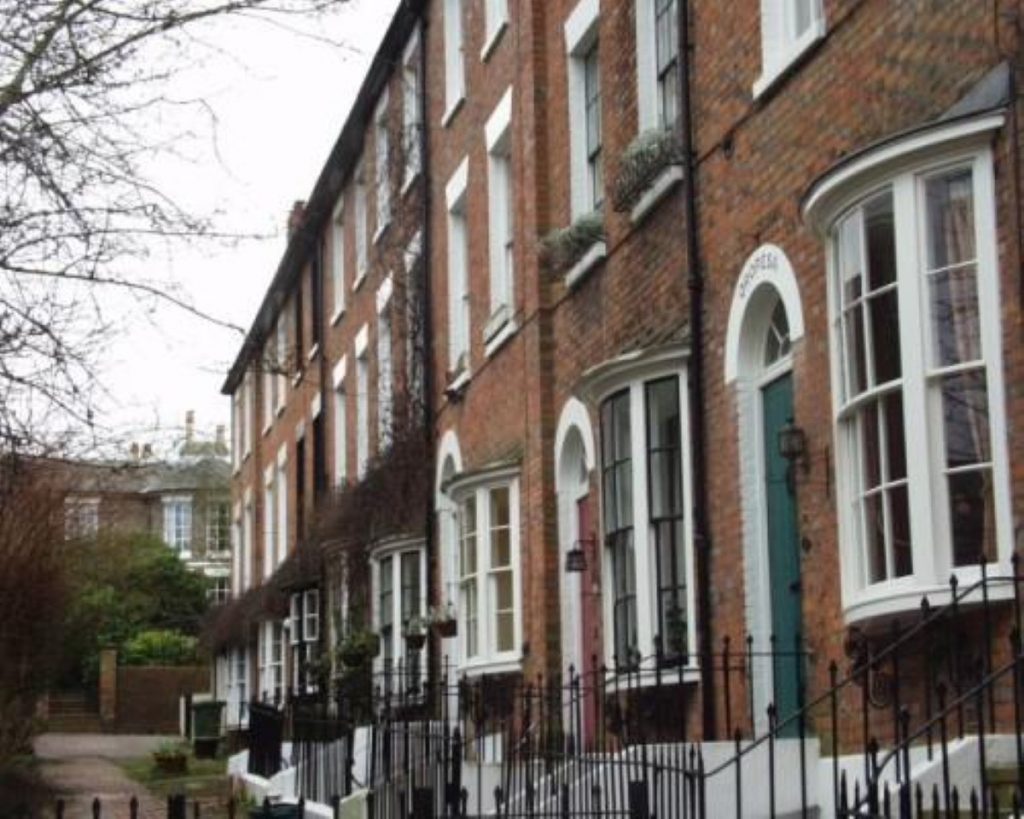House price growth at nine-year low
House prices grew at the lowest annual rate for more than nine years in July, according to research by Nationwide.
Property values, which last month were just 2.6 per cent higher than in the same month last year, last increased this slowly in May 1996, the building society reports.
But over July the price of the average house increased 0.2 per cent to £158,348 – cancelling out last month’s drop in values. The average property in the UK is now worth just £4,049 more than in July last year.
Fionnuala Earley, Nationwide’s group economist, commented: “The overall picture remains one of a gently softening market.


“The annual rate of house price inflation fell to 2.6 per cent in July – its lowest rate since May 1996. This compares with a rate of 4.1 per cent last month and more than 20 per cent this time last year.”
But there are signs that the market is stabilising. House purchase approvals have picked up since the start of the year, while estate agents report increased buyer activity and some softening on the part of sellers with respect to expectations on sales prices.
Additionally, most analysts predict that interest rates, and so the majority of mortgages, will be reduced when the Bank of England’s Monetary Policy Committee meets next on August 3rd and 4th.
“The question is what will happen after that?” Ms Earley asked, adding: “A rate cut would provide some stimulus to the housing market, through its impact on affordability.
“The annual rate of house price growth is now below wage growth for the first time since May 1996. This, in combination with the effect of lower interest rates on mortgage payments, will help to improve affordability.
“But a fall in rates is unlikely to cause acceleration in the rate of house price growth at this point in the cycle, particularly if labour market conditions worsen. The actual impact will depend on what happens next in terms of general economic sentiment.”

